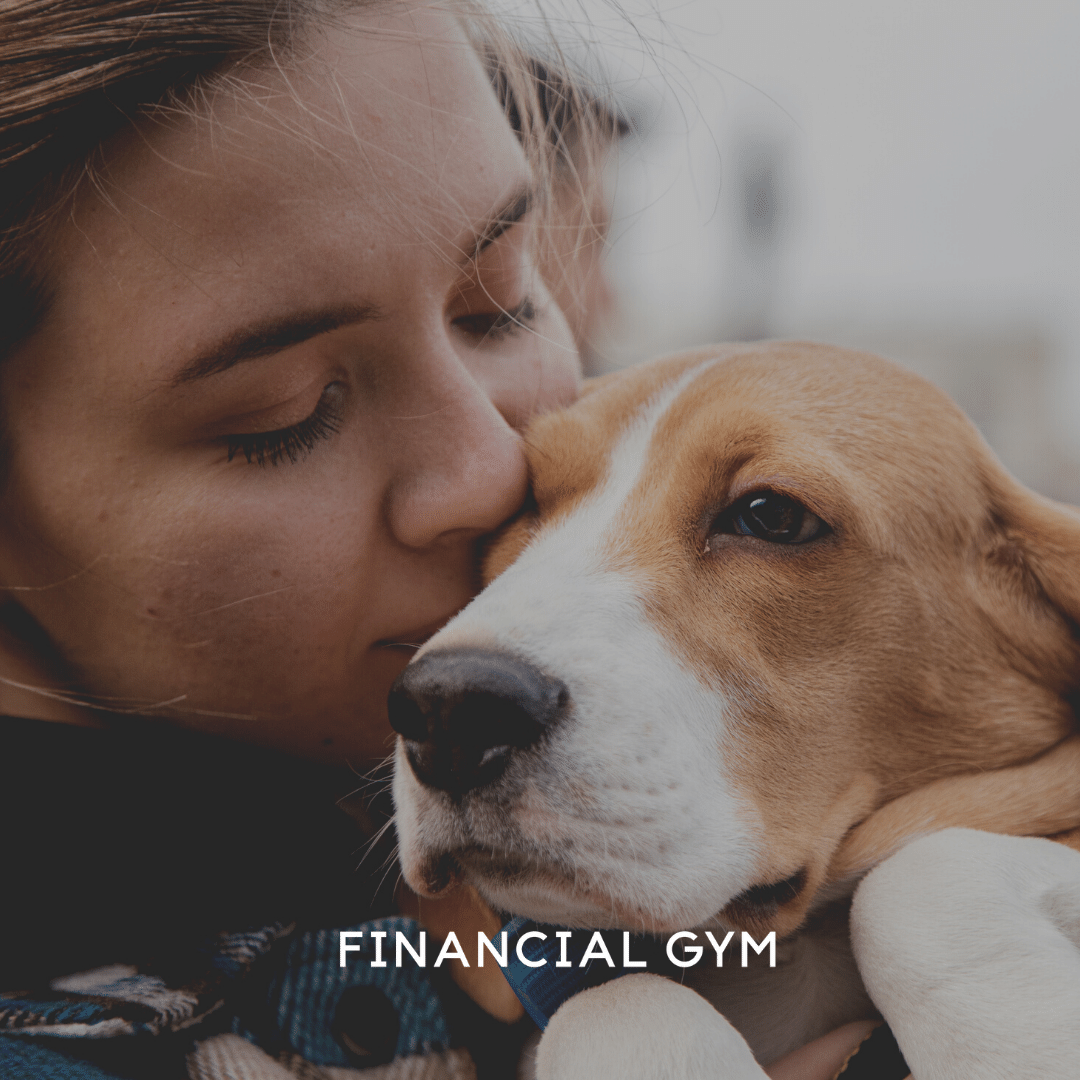Costs to Consider When Adopting vs. Fostering a Pet
One of the silver linings of the COVID-19 pandemic was the increase in pet adoptions; nearly 1 in 5 families added a pet to their household during that time. Unfortunately, tough economic times have led more owners to surrender their pets due to financial hardship.
While we love the idea of getting dogs and cats out of shelters, we want to remind you that pets are a financial investment. The energy and time it takes to care for a pet comes with a price tag and we just want you to be aware of this price tag. Here are some costs you should plan to fit into your monthly budget before adopting!
Fostering vs Adopting
If you are lucky enough to live by a shelter, fostering is a great way to care for a furry friend without breaking the bank. Most shelters foot the cost of vet bills, food, and any other care your fur baby might need. The only thing you will have to pay for is a few toys and the occasional cost of cleaning up after a puppy/kitten mishap! Another perk to fostering is that in an emergency, there is always someone at the shelter to call.
Fostering, however, is not for everyone as you ultimately will have to say goodbye to your new pal when they find a permanent home. Unless you choose to adopt them yourselves!
If you are someone who has been longing for a furry friend and are seriously ready to take ownership of a pet without the support of a local shelter, then adopting is for you! There are plenty of cats and dogs (& other house pets!) out there that need a permanent home and you are doing a wonderful thing by providing them with a safe and loving home.
Costs of Owning a Pet
For those that feel fit to adopt, here are some of the costs you should consider factoring into your budget before making the move!
Adoption Fees
According to the Animal Humane Society, adopting a new furry friend can float around $100 to as much as $600. This depends on the vaccines, medications, treatments, and spay/neuter surgeries that your new pet may need before you can bring them home.
Food & Treats
Depending on the type of pet you own (and the size!) you should budget about $30-$70 per month for a healthy diet (and treats!) for your furry friend.
Toys/Beds/Leashes/Collars
Again, depending on what type of pet you choose to rescue, you will need to supply your new pet with plenty of toys to keep them from chewing your furniture! This costs about $100 per year.
You should add in another $50-$75 per year for leashes, collars, and comfy beds for your home.
Veterinary Care
Possibly the most expensive expense of all is taking your new pet to a great vet. You wouldn’t bring home a new baby without having a pediatrician, and the same goes for your animals! Vet care can cost anywhere from $300-$600 per year for routine check-ups and preventative medications such as tick, flea, and heartworm supplements.
Pet Care
If you work full-time and would need a pet sitter when you go back to work, this is another expense to consider. Depending on the flexibility of your job and the location of your home, this comes in at about $20 per walk, on average. This adds up to about $400 per month, if you factor in walks every weekday.
Pet Sitting
Your pet will need someone to care for them when you go away for a long weekend on vacation! Again, pet sitter costs can vary based on the “going rate” in your hometown, but we recommend you save about $200-$500 for costs like this throughout the year (more if you go on vacation often!)
Unexpected Emergencies
Just like humans, pets can get sick and hurt as well. Pet owners must be ready for a medical emergency. Hopefully this won’t be necessary, but it is important to be prepared in case something unexpected comes up.
Other Sources: Costs of Owning a Dog

